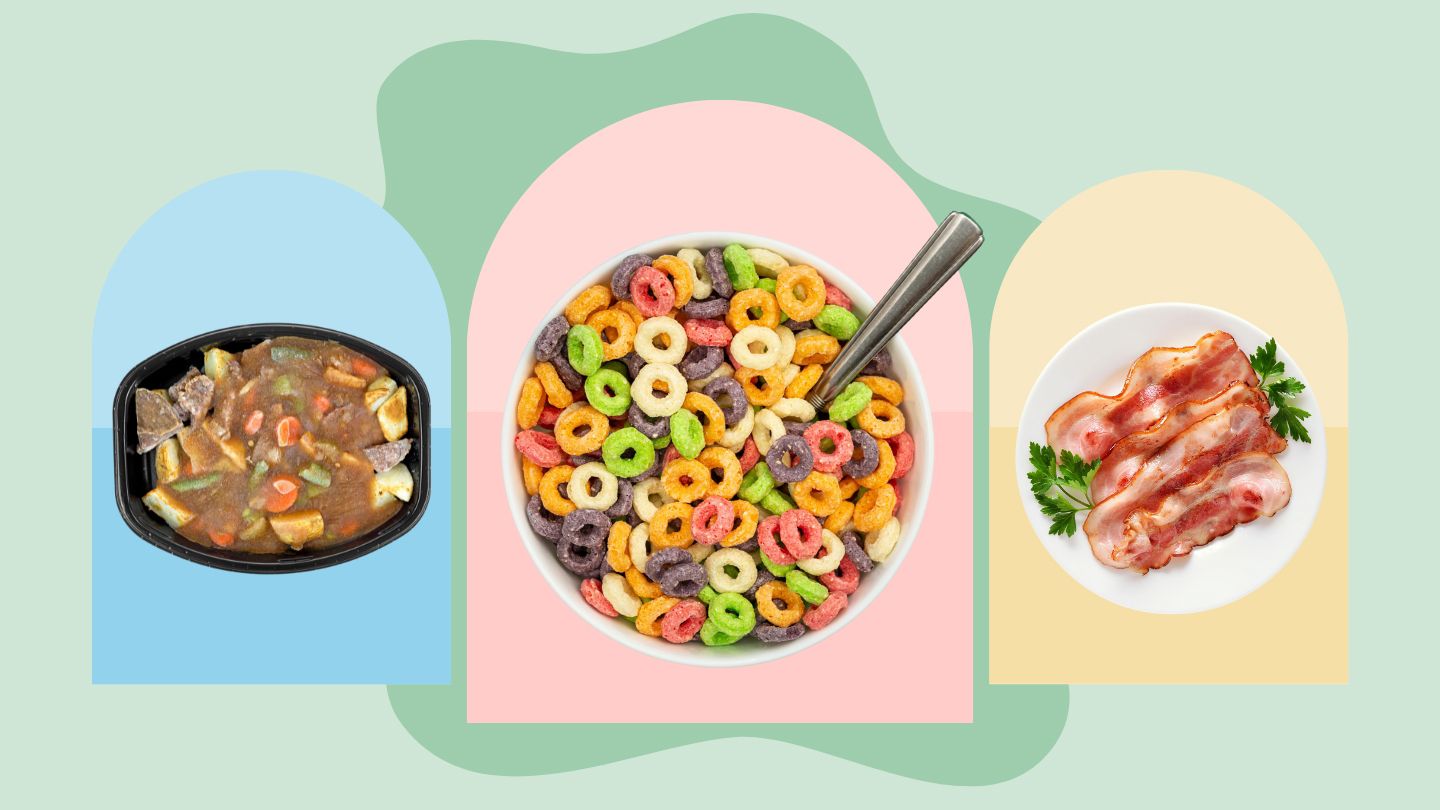“Nutrients can absolutely play a role in protecting the skin and hair, which is why it’s important to make sure you’re getting the right mix of certain vitamins, like A, C, and E, as well as protein and omega-3 fatty acids,” she says. “On the flip side, there are foods that can be detrimental to hair health, and those should be avoided because they might make treatment less effective to some degree.”
Here are four types of foods to limit or skip altogether if you’re dealing with alopecia.
1. Deep-Fried Foods
That designation encompasses numerous types of foods, including deep-fried foods. That’s because regularly eating fried foods can lead the immune system to trigger pro-inflammatory proteins in the body called cytokines. Too many of these cytokines in the body can lead to inflammation. Some common examples of fried foods, says McGowan, include:
- French fries
- Onion rings
- Fried chicken
- Mozzarella sticks
- Doughnuts
- Beer-battered fish
If you dread giving up some favorites from this list, consider pivoting to a healthier cooking method, says McGowan. For example, consider using an air fryer, which can provide a crispy texture with little to no oil.
2. Sugary Treats
While the term “treat” implies an occasional indulgence, it’s easy to overconsume sugary foods and beverages, says McGowan. Unfortunately, sugar in all its many forms has been linked to increased inflammation in the body, and that can affect alopecia as well.
- Candy
- Cookies
- Pastries and other bakery items
- Cakes and pies
- Ice cream
Foods like these may be fine if eaten every once in a while, but when they’re a regular part of your diet, it can keep inflammation levels elevated, says McGowan.
3. Ultra-processed Snacks
The term “ultra-processed” refers to packaged foods that are manufactured — as opposed to created in a home kitchen — using multiple ingredients that are never utilized in regular cooking, such as emulsifiers, stabilizers, and artificial colors.
They’re often high in sugar, salt, and unhealthy types of fat, McGowan says. Much like sugary treats, they can drive up inflammation levels in the body, which in turn can affect hair health. Some common examples of ultra-processed snacks, according to McGowan, are:
- Potato chips
- Soft drinks
- Frozen meals
- Sweetened breakfast cereals
- Instant soups
“Ultra-processed foods can be detrimental on their own, but they’re also problematic because they may be eaten in place of healthier options,” says Dr. Gordon. For example, having these foods regularly could mean you’re eating far fewer foods that promote hair health, like fruits, vegetables, and lean proteins like fish and chicken, she says.
4. Cured Meats
Cured meats can contribute to inflammation because they’re often processed with nitrates and other compounds during their production. Also, cured meats tend to be high in saturated fat, which has been linked to inflammation. Common examples of cured meats include:
- Bacon
- Hot dogs
- Pepperoni
- Some deli meats like bologna
- Salami
The Takeaway
- What you eat can either increase or decrease inflammation throughout the body, which can hurt or improve hair health and conditions like alopecia.
- Although diet isn’t a substitute for standard alopecia treatments, your diet can have an impact on alopecia progression and severity and may make your treatment more or less effective.
- It could help to limit or avoid certain types of foods to better manage alopecia, including fried foods, ultra-processed options, sugary treats, and cured meats.
Read the full article here




